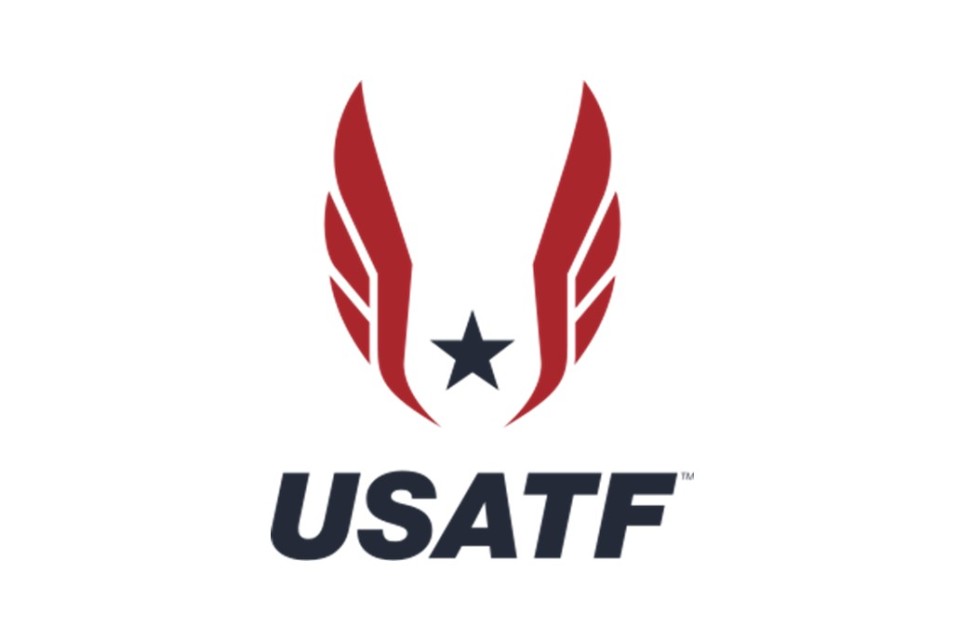Wed, October 29, 2025
World Athletics v Esther Gitahi

A decision in the case of World Athletics (WA) against Esther Gitahi has been issued by the World Athletics Disciplinary and Appeals Tribunal (DAT).
On 6 August 2024, Ms Gitahi, a 26-year-old middle and long-distance runner from Kenya, was notified of the Adverse Analytical Finding (AAF) that had resulted from the urine Sample collected during her participation at the B.A.A. 5K in Boston on 13 April 2024. She was, at the same time, informed that she was Provisionally Suspended with immediate effect.
The AAF detected erythropoietin (“EPO”) in her system. EPO is a Prohibited Substance according to the World Anti-Doping Agency’s 2024 Prohibited List, under the category S2 Peptide Hormones, Growth Factors, Related Substances, and Mimetics. It is a Non-Specified Substance, prohibited at all times.
On 9 August 2024, the Athlete wrote to the Athletics Integrity Unit (AIU) stating that she had been prescribed Alfa Epoetin injections to treat thalassemia. (“Alfa” is another name for EPO (Alfa Epoetin).) She attended two interviews with the AIU, on 29 August 2024 and 22 October 2024. Following the first interview, she wrote to the AIU to provide clarification on what she had stated whilst being interviewed and further, consented to the disclosure of her medical file. The AIU received the Athlete’s medical file on 2 October 2024.
On 7 November 2024, the AIU issued Ms Gitahi with a Notice of Charge stating that she had committed Anti-Doping Rule Violations (ADRVs) for the Presence and/or Use of EPO.
The Athlete subsequently requested that her case be referred to the DAT for determination.
The Disciplinary Panel, comprised of Mr Charles Hollander KC, Ms Erika Reidl, and Mr Stefan A. Fabien, was appointed to hear this matter.
The Athlete did not request for the B Sample to be analysed. As such, and pursuant to Rule 2.1.2 of the World Athletics Anti-Doping Rules (ADR), sufficient proof of an ADRV was established.
In contesting the Consequences set out by the ADR, the Athlete presented that the ingestion of a Prohibited Substance, the EPO, had not been intentional. She stated that, in 2022, she sought treatment for joint pain and fatigue at a medical facility in Kenya. The Athlete confirmed that her blood was not tested, and it was then that she had been told about thalassemia.
On 5 June 2023, the Athlete, now living in Alabama, USA, sought medical treatment for the reoccurring symptoms. The Athlete asserted that she informed the nurse practitioner that she was an athlete and, without testing her blood, was given a prescription for EPO. The Athlete requested the EPO from a well-known pharmacy and was provided with ten (10) vials of Alfa Epoetin. She took four (4), one each week, which involved her injecting herself. When the symptoms recurred in March 2024, she confirmed that she took another four (4) vials of the leftover EPO prescription. Following notification of her AAF, she stated that she did not take the remaining two (2) vials; stating that she disposed of the two (2) remaining vials.
The Athlete stated that she did not know what EPO was or that it was a Prohibited Substance. She simply relied on the medical advice and took what was prescribed to her.
The Athlete attested that she had been planning on applying for a retroactive Therapeutic Use Exemption (r-TUE) but was unable to do so as a result of being unable to obtain the necessary documents. She made efforts to co-operate with the AIU, seeking to obtain medical records both in Kenya (where she was told that they were no longer available) and in Alabama.
At the hearing, the Athlete’s testimony was countered by a leading expert in haematology, who confirmed that based on the only blood tests he had seen from the Athlete, from September 2024, there was no evidence that the Athlete had thalassemia. Although unable to confirm what may have been the Athlete’s situation when she had previously sought medical treatment, he stated that there was no reason to believe the Athlete had previously had thalassemia.
The expert witness further explained that even if the Athlete had thalassemia, EPO was not an appropriate treatment and could potentially cause harm. He also regarded it as irresponsible and crossing ethical lines for anyone to prescribe EPO without having performed blood tests. Lastly, the expert witness confirmed that the Athlete’s application for a r-TUE for EPO, had it been submitted, would have been rejected.
The AIU also submitted that there were inconsistencies in the account that the Athlete presented at the hearing with what she had stated when interviewed.
In reaching their conclusion, the Panel stated that the medical notes, obtained by the Athlete, from the clinic in Alabama formed the best evidence of what occurred in June 2023. The contemporaneous notes were relied upon for their accuracy and credibility and confirmed the Panel’s judgment that the Athlete’s version of events was inconceivable. The Panel therefore rejected the Athlete’s evidence to the extent that it differed from the notes.
The Panel also took into account (i) the discrepancies in the Athlete’s account; (ii) the unlikeliness that a medical practitioner would prescribe EPO for thalassemia, in a first-time patient, without ordering blood tests, and without any specific request from the patient; (iii) the contemporaneous nature of the medical notes and the Witness Statement, obtained by the Athlete, from the VP of Provider Services at the clinic in Alabama.
The Panel found that the Athlete must have specifically asked to be prescribed EPO, based on presenting false information of her medical history and treatment, and thus, she was prescribed it. Although the Panel acknowledged that the Athlete claimed she did not know what EPO was, and that it was a Prohibited Substance, she is college educated former student athlete, who injected herself on eight occasions and ought to have been well versed with the Doping and Substance Misuse Rules of the National College Athletic Association, having confirmed that she was subject to anti-doping rules whilst running track for her university.
Whilst the Panel accepted that the Athlete told the nurse practitioner in Alabama (in 2023) that she was an athlete, as corroborated in the medical notes, the Athlete did not communicate that she was subject to anti-doping testing and in any event, even if she had, she could not exculpate herself by relying solely on ‘medical expertise’.
The Panel found that the Athlete did not satisfy the burden on her to show that the violation was not intentional. On the contrary, the Panel found that she had an appreciation that there was a significant risk that the conduct might constitute or result in an ADRV and manifestly disregarded that risk.
Having considered whether the Athlete’s conduct amounted to Aggravating Circumstances, based on the points put forward by the AIU, the Panel found that the Athlete disclosing her Use of EPO on the Doping Control Form completed on 13 April 2024, at the B.A.A. 5K in Boston was highly significant. Moreover, the Athlete demonstrated a willingness to cooperate with the AIU investigation. The Panel therefore did not regard it as necessary or appropriate to increase the sanction beyond the period of Ineligibility of four (4) years.
The Disciplinary and Appeals Tribunal [FP1] thereby determined that ADRVs had been established pursuant to Rule 2.1 and Rule 2.2 of the ADR and a period of Ineligibility of four (4) years is imposed on the Athlete. The period of Ineligibility commenced on the date of the decision, 20 October 2025, but credit was given for the period Ms Gitahi was provisionally suspended, therefore running from 6 August 2024. Further, Ms Gitahi’s results obtained from 1 July 2023 were disqualified in accordance with Rules 9 and 10.1 of the ADR. The DAT ordered that the Parties bear their own costs.
Sport Resolutions is the independent secretariat to the World Athletics Disciplinary and Appeals Tribunal.
A copy of the full decision can be accessed via the related links tab on the right-hand side.
Related Documents
- World Athletics v Esther GitahiDecision



